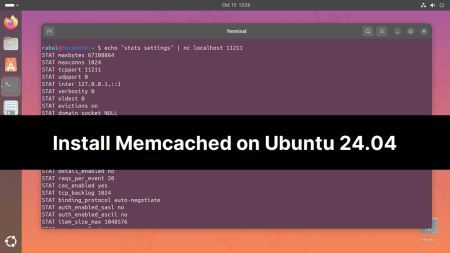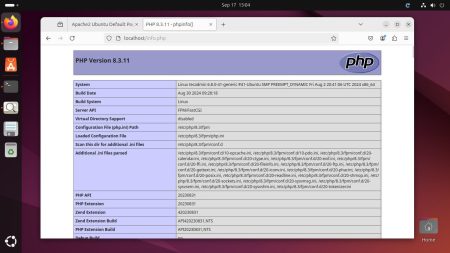Date validation is an essential part of many web applications, as it ensures that users input correct and meaningful dates. PHP, a popular server-side scripting language, offers several functions to help developers validate date strings with ease. In this article, we will discuss different methods to validate date strings in PHP, including built-in functions, regular expressions, and external libraries.
1. Using DateTime Class
The DateTime class, introduced in PHP 5.2, provides a comprehensive approach to handling date and time values. It offers a built-in method called createFromFormat() to validate date strings based on a specified format. Here’s how to use it:
1 2 3 4 5 6 7 8 9 10 11 | function isValidDate($date, $format = 'Y-m-d') { $dateTime = DateTime::createFromFormat($format, $date); return $dateTime && $dateTime->format($format) === $date; } $date = "2023-04-14"; if (isValidDate($date)) { echo "Valid date"; } else { echo "Invalid date"; } |
2. Using strtotime() Function
The strtotime() function is another useful method to validate date strings. It converts a date string into a Unix timestamp. If the provided string is not a valid date, the function returns false.
1 2 3 4 5 6 7 8 9 10 | function isValidDate($date) { return (strtotime($date) !== false); } $date = "2023-04-14"; if (isValidDate($date)) { echo "Valid date"; } else { echo "Invalid date"; } |
3. Using checkdate() Function
The checkdate() function is a simple and straightforward method for validating date strings. It takes three integer arguments – month, day, and year – and returns true if the date is valid, false otherwise.
1 2 3 4 5 6 7 8 9 10 11 | function isValidDate($date) { list($year, $month, $day) = explode('-', $date); return checkdate($month, $day, $year); } $date = "2023-04-14"; if (isValidDate($date)) { echo "Valid date"; } else { echo "Invalid date"; } |
4. Using Regular Expressions
Regular expressions can be used to validate date strings against specific patterns. In this method, we use the preg_match() function to check whether the date string matches the required pattern.
1 2 3 4 5 6 7 8 9 10 | function isValidDate($date) { return preg_match('/^(\d{4})-(\d{2})-(\d{2})$/', $date); } $date = "2023-04-14"; if (isValidDate($date)) { echo "Valid date"; } else { echo "Invalid date"; } |
5. Leveraging External Libraries
Several external libraries can be used to validate date strings in PHP. One popular library is Carbon, which extends the DateTime class and provides additional functionality.
To install Carbon using Composer, run:
composer require nesbot/carbon
Then, you can use Carbon to validate date strings like this:
1 2 3 4 5 6 7 8 9 10 11 12 13 14 | require 'vendor/autoload.php'; use Carbon\Carbon; function isValidDate($date, $format = 'Y-m-d') { return Carbon::createFromFormat($format, $date, null, false) !== false; } $date = "2023-04-14"; if (isValidDate($date)) { echo "Valid date"; } else { echo "Invalid date"; } |
Conclusion
In this article, we’ve explored various methods to validate date strings in PHP. We discussed the usage of built-in functions such as the DateTime class, strtotime(), and checkdate(), as well as validating dates using regular expressions. Additionally, we introduced the external library Carbon for enhanced date validation.
Choosing the right method for your project depends on your specific requirements and preferences. If you need a simple and lightweight solution, built-in functions or regular expressions may be sufficient. On the other hand, if your application requires advanced date manipulation and validation, an external library like Carbon could be a better choice.
Whichever method you choose, proper date validation is crucial for maintaining data integrity and ensuring a smooth user experience in your PHP applications.


